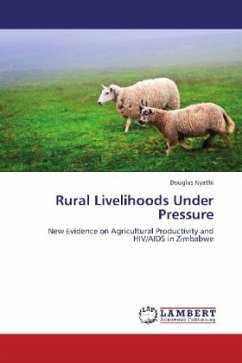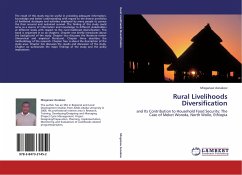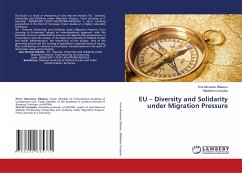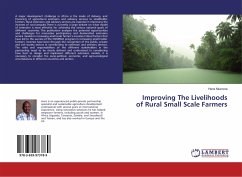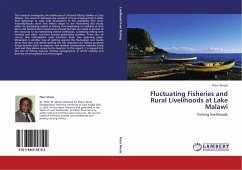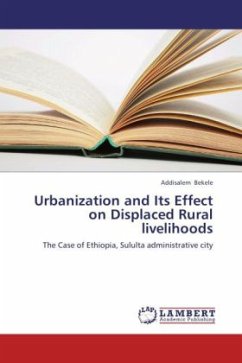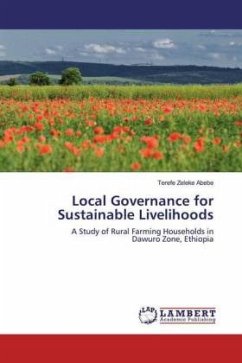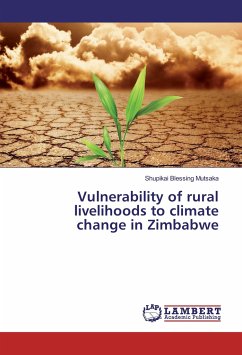What are the implications of HIV and AIDS on household agricultural productivity and food security? This book provides an indepth qualitative understanding of emerging dynamics focusing on new farmers in the context of the pandemic. Using a case study approach, this book reveals that the epidemic reduces a poor household's capacity to sustainably produce enough food. HIV and AIDS mortality and morbidity specifically diverts household income away from agro-related investments into non-productive expenditures. Income reduction translates into further impoverishment of affected households. Indigenous intergenerational knowledge tranfers are also disrupted. Cropping patterns and household decision-making processes have experienced drastic changes. Vulnerability of households to chronic food problems appears to be worsening. A sustainable future requires development planners to put HIV and AIDS at the centre of agricultural policy and rural livelihoods programming. In addition, Publicpolicy and programming must be informed by a gendered framework that also puts value on the role of indigenous coping mechanisms.
Bitte wählen Sie Ihr Anliegen aus.
Rechnungen
Retourenschein anfordern
Bestellstatus
Storno

